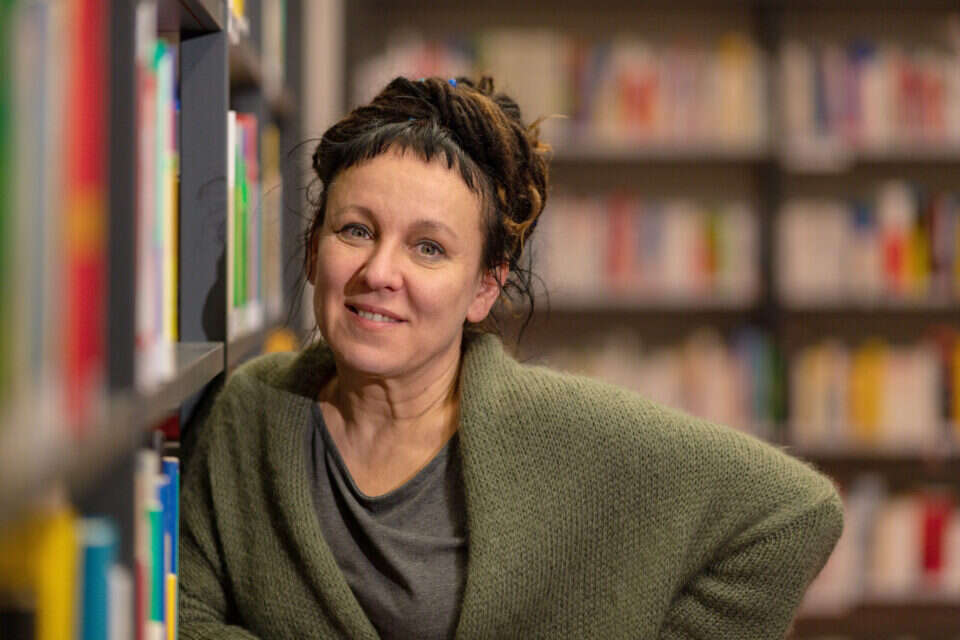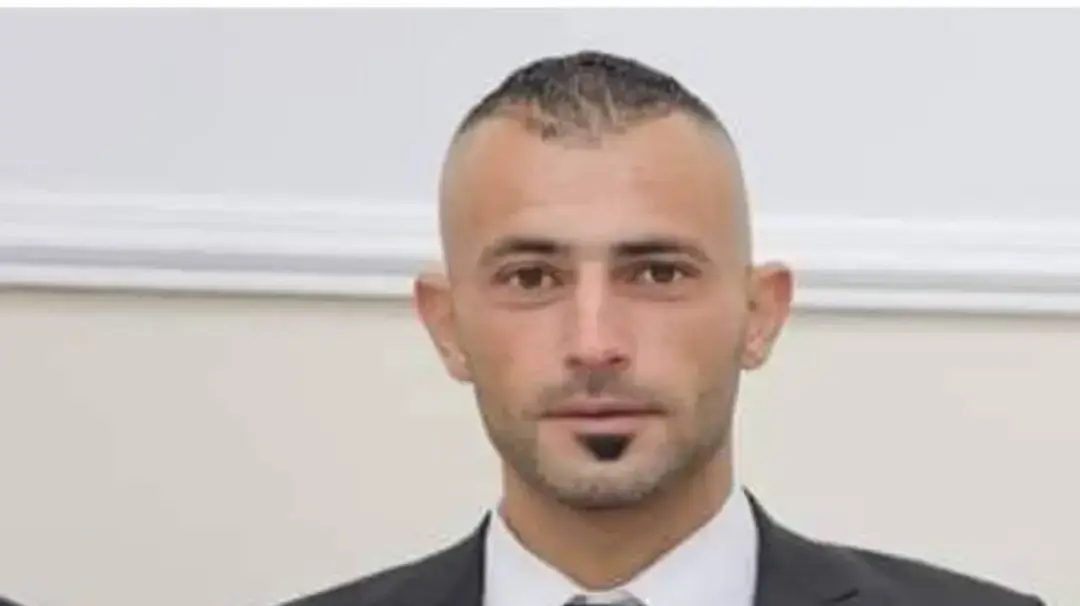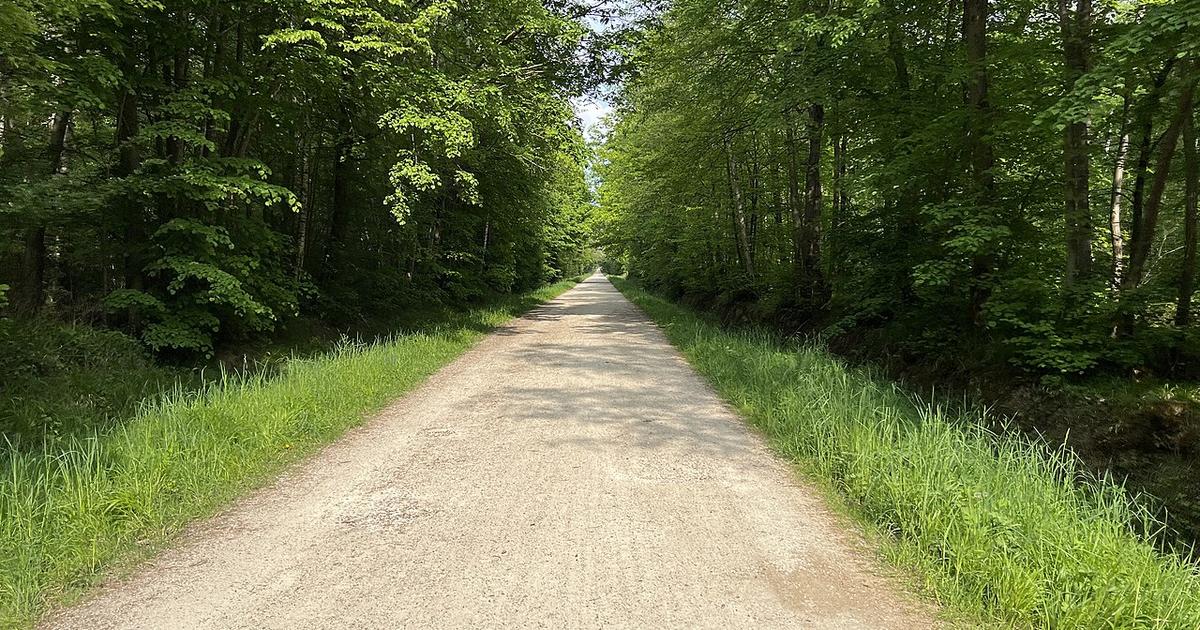The novel "On the Bones of the Dead" is usually included in the lists of the ten best books by Nobel Laureate Olga Tokerchuk.
The Polish writer described him in one of the interviews as "a legend with the foundations of a political pamphlet."
As someone who does not like legends I will allow myself to disagree with her: "On the Bones of the Dead" is an allegorical and multi-layered moral novel about the nature of the polar elements - life and death, randomness and destiny, man and nature, the hunter and the victim - and the ease with which they switch roles.
Janina Dushaiko, the protagonist of the book, lives alone in a nameless Polish village, so small that even the title of "village" is large on it, somewhere on a mysterious level near the Czech border. Her residence there is not accidental - from chapter to chapter the reader will become acquainted with her foreignness in the company of ordinary people and her erupting rebellion, which no man or authority can restrain.
Is it any wonder that with such a character she moves away from the company of human beings - or do they, for the most part, move away from her - and find solace in nature, between plants and animals? The eccentric Ms. Dosheiko (she hates her first name and forbids those around her to use it) is not an ordinary misanthrope, she simply dreams of other people and another world, "where man does not live according to the rules of reason, which are stupid and rigid, but according to the heart. And intuition. "
Until this great world is found and takes shape - though sometimes she is willing to swear it is across the border, in the idyllic Czech Republic, a place where "Venus goes to sleep" - nature remains for her.
The local nature wears in Tokerchuk a figure of a hero, no less than flesh-and-blood heroes.
She best describes Yenina's plateau and regular tours of its expanses, as if to instill in the reader's heart the conclusion that the snows that cover the plateau in winter and the grass that paints it green in summer have a central role in the plot.
Tokerchuk's literary power is so overwhelming that before the reader's eyes a world of forests has been created, sandwiched between Poland and the Czech Republic, and of souls wandering in them - some animals, and some people hunting the animals, and therefore receiving a copious abomination from Ms.
In this world, the seasons also work and intervene to create a frame and background. "), And sometimes directly.
For example, to dim and erase traces in the snow at the murder scene and to deceive more and more bewildered investigators.
A series of mysterious deaths that fall on the heads of the inhabitants of the Klodzko Valley and the adjacent levels shakes the centuries-old status quo between hunters and hunters.
The first death occurs in winter, at a time when the world of the inhabitants of the plateau is already shrouded in bad news.
"Sadness is at the root of all things, it is the fifth element, the essence," Ms. Dosheiko diagnoses.
Her way of dealing with this element consists mainly of Fridays, when her home receives visits from Dizzy, an unsuccessful police officer during working hours and translating the works of British mystic William Blake at all other hours.
Over time, Dosheiko's social circle will expand and attract a few more eccentric, battered and sad figures like her, but this will only happen with the change of seasons, which will bring with it - almost as expected - the change of mood as well.
Tuckerchuk's artist will convert the glory of sadness into a subtle, sarcastic and melancholy humor, reserved especially for Dushaiko's moments of contact with the outside world and with the world beyond, the world of astrological fate, in which she believes more than the local priest believes in the Holy Trinity.
Her chain of conversations with the colorful characters that inhabit the plateau culminates in a visit to a nearby village and watching the work of the "Dental Healer".
Of course, this is not an ordinary doctor and a conventional clinic, far from it: "I think it could have been a tourist attraction in the Kłodzko Valley, if only his actions were legal. Unfortunately, years ago he was denied his license because of heavy drinking."
Drinking, it should be noted, was not just his portion.
The alcohol soothed the pain of his patients and at the same time entertained the viewers who surrounded the patient's chair placed on a lawn, under a sheet of azure sky.
The dental clinic was nevertheless a local attraction, what’s more between drilling and displacement he shared with the audience his wisdom in all areas of life.
The layer of humor joins the layer cake baked by Tokcherchuk over low heat and blends with other layers: the layer of loneliness, from which the human characters in the novel are made;
The layer of mysticism, which pours Blake's poems into the receptacles of the forest landscapes;
The layer of tension, rising with the accumulation of corpses;
The moral layer, whose software is replaced by "on the bones of the dead" at the frequency of the change of seasons.
Anyone who looks for in Ms. Dosheiko's complicated story relevant statements to Poland's internal political quarrels will surely find them without difficulty.
When she cries out against the hunting tradition, writes countless letters of complaint to government institutions or sets up a major scandal in the church - it is quite clear to which political camp Tokkerchuk's sympathy is not given.
But flattening the novel into political satire or an ideological band-aid would do him an unjustified injustice.
"On the Bones of the Dead" does not purport to lead a crusade against machoism (even though all the dead are men) or the exploitation of natural resources (although Ms. Dosheiko is often accused of preferring animals over humans), because the ideological alternative presented in it to these sick people In the form of Dosheiko herself so ridiculous and detached from reality that only eccentrics like her will flock after her.
Olga Tokcherchuk / On the Bones of the Dead, from Polish: Miriam Bornstein, Ahuzat Beit, 263 pages









